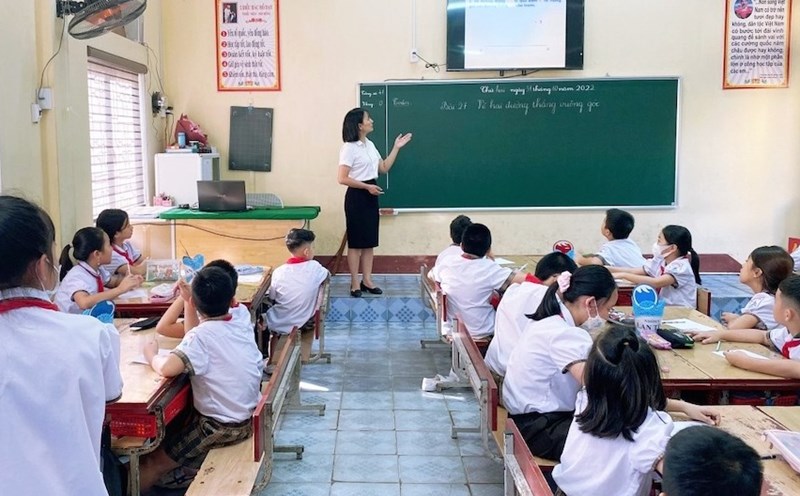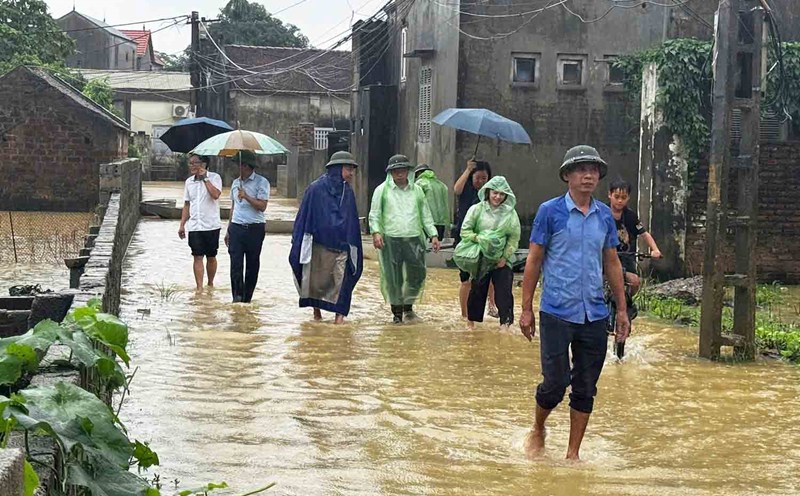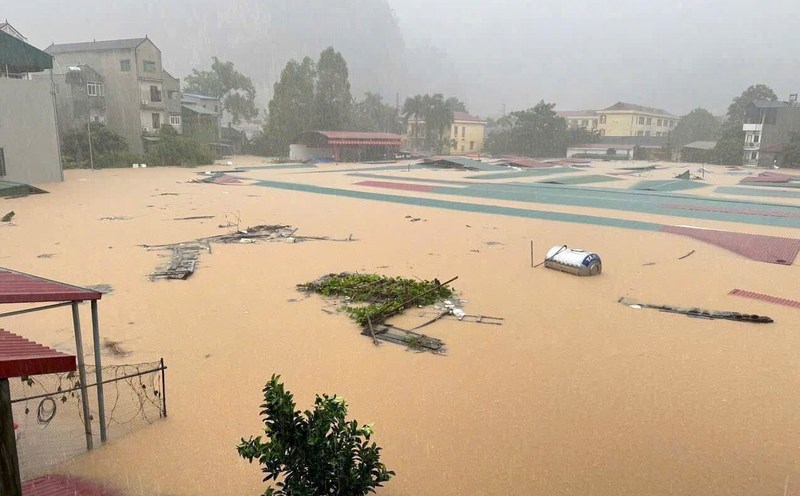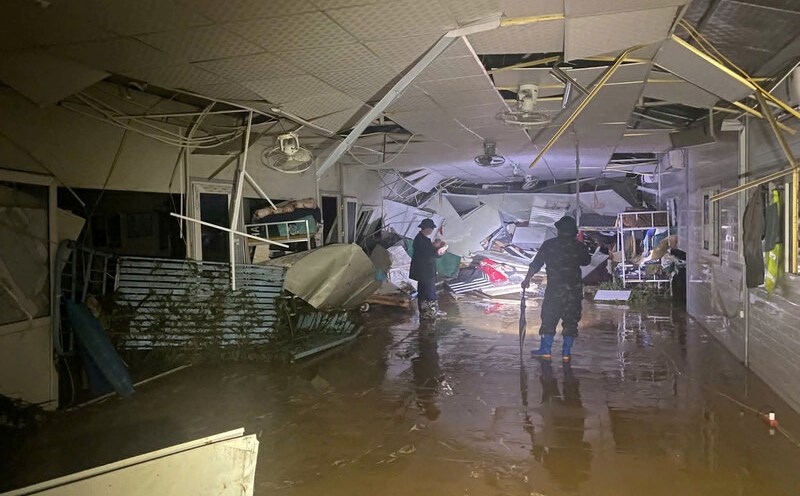This figure not only continues to be alarming about the shortage of human resources in the education sector, but also reflects the long-standing shortcomings in the mechanism of teacher management and recruitment over the years.
For a long time, the right to recruit and secondment preschool, primary and secondary school teachers has been assigned to the People's Committees of districts and towns (old).
However, according to the leader of the Ministry of Education and Training, this approach leads to a situation of dismemberment between localities. When there is a phenomenon of local surplus and shortage of teachers between two different districts, it cannot be mobilized due to separate management authority.
Recruitment not presided over by the education sector also leads to a situation where recruitment is not suitable for subject needs. New subjects in the 2018 General Education Program such as Informatics, Technology, Music, Fine Arts... are increasingly difficult to find suitable teachers to take on.
In the draft Resolution of the National Assembly on a number of specific mechanisms and policies to implement the breakthrough in the development of the education sector, the Ministry of Education and Training has proposed to give the right to recruit, receive, transfer and second teachers to the director of the Department of Education and Training.
This proposal is expected to remove the current personnel bottleneck for the following reasons: The Department of Education and Training has an overall view, clearly understands the structure and needs of teachers in the whole province, thereby adjusting and balancing appropriately.
The Recruitment Council chaired by the Department can also build a separate professional competition round for the pedagogical industry, associated with trial teaching or handling real-life situations, helping to accurately assess the candidate's professional capacity.
Empowering the Department of Education and Training is only an important solution, not enough to end the shortage of teachers.
The underlying reason is still the income level and treatment are not commensurate. Many excellent students are afraid to major in pedagogical majors because they are worried about difficult lives; a number of young teachers quit their jobs due to heavy work pressure and low salaries.
Another problem is that currently, the whole country still has nearly 60,000 teachers who have been assigned but have not been recruited by localities. There are many reasons, including the situation of some localities retaining unrecruited staff to achieve the target of reducing staff by 10% according to regulations.
The assignment of recruitment rights to the Department of Education and Training is a step in the right direction, aiming to overcome the long-term segmentation and inadequacy, helping the allocation of teachers to become more reasonable and professional.
At the same time, there should be strong policies on treatment, training, and responsibility bonds to attract and retain teachers.
At the same time, there must be a strict monitoring mechanism, forcing localities to use all assigned staff, avoiding the situation of "asking - giving" staff and leaving them there to solve "private problems", the rest of the education sector lacks teachers and is left unused.
Only when those factors are implemented synchronously, will the recruitment of new teachers be truly associated with the goal of building a team of qualified and quality teachers, meeting the requirements of fundamental and comprehensive educational innovation in the new period.












